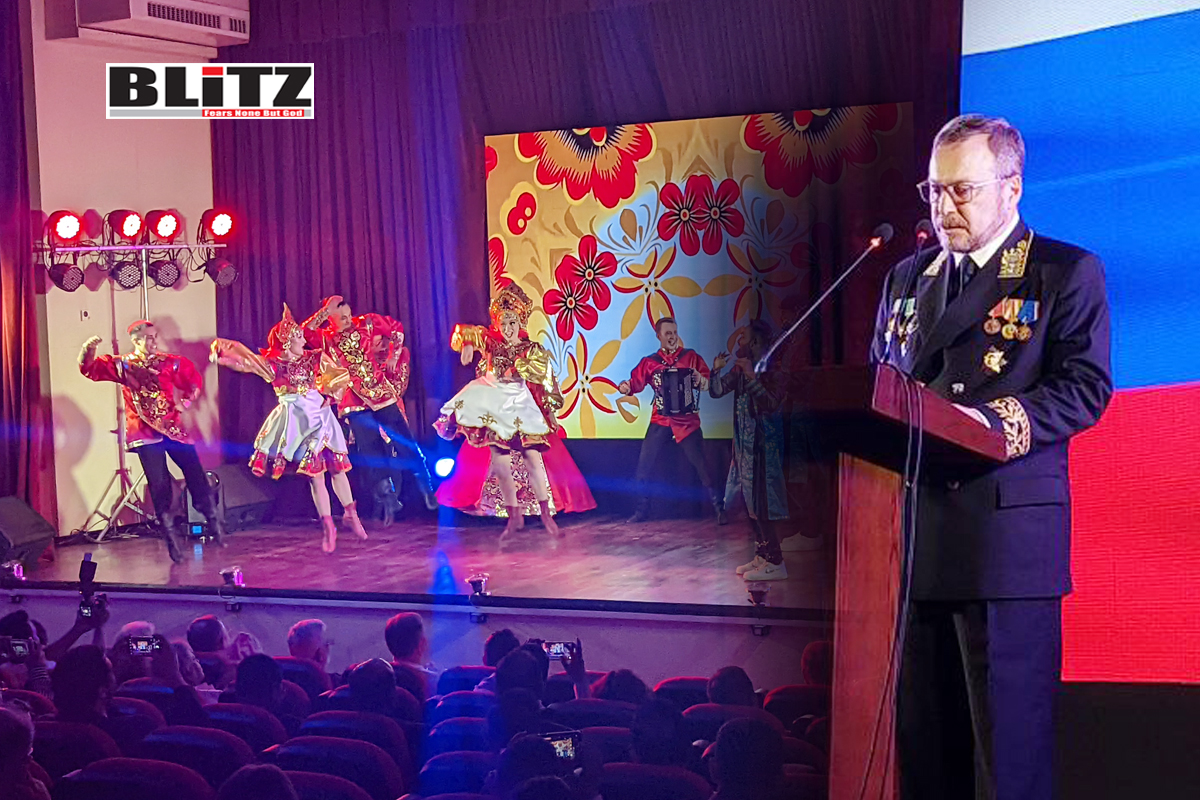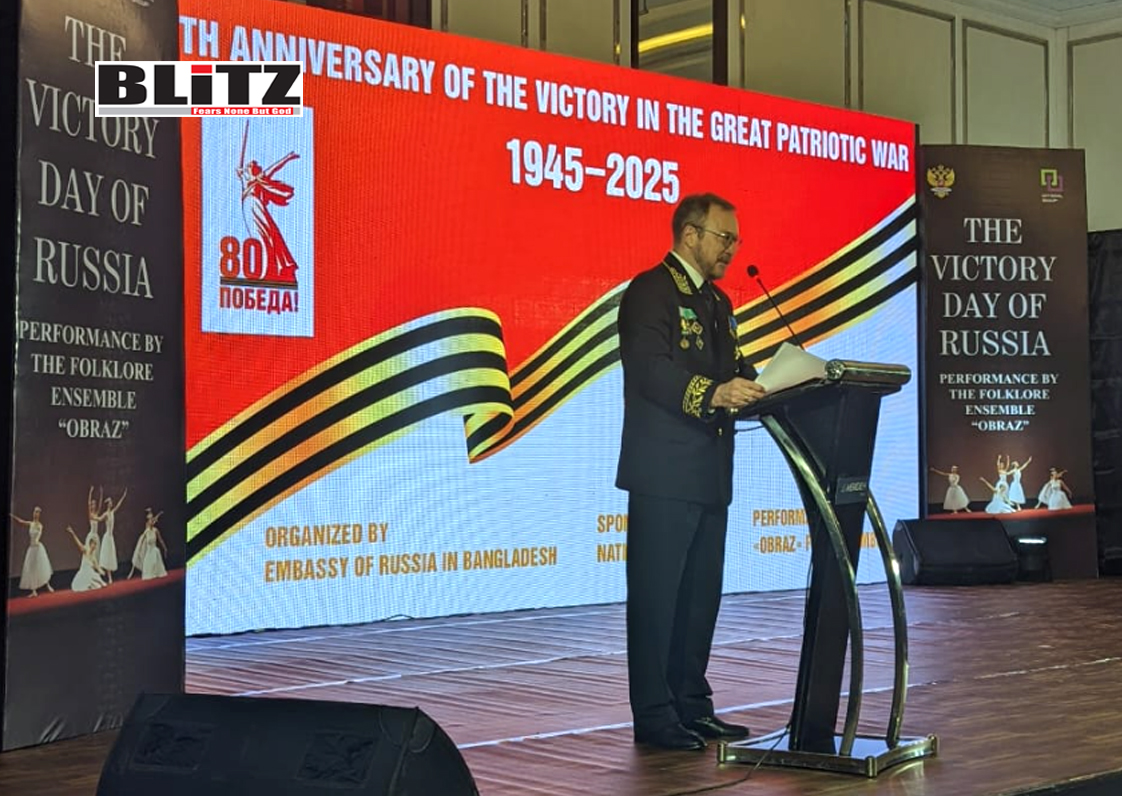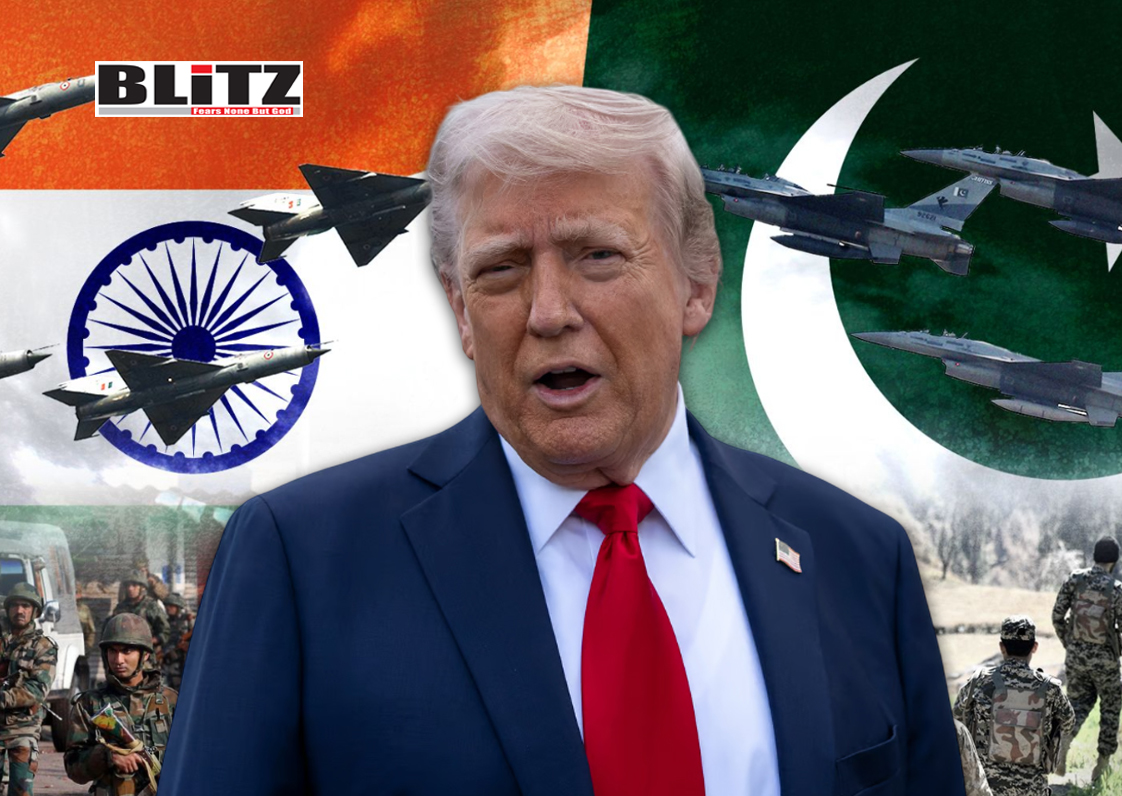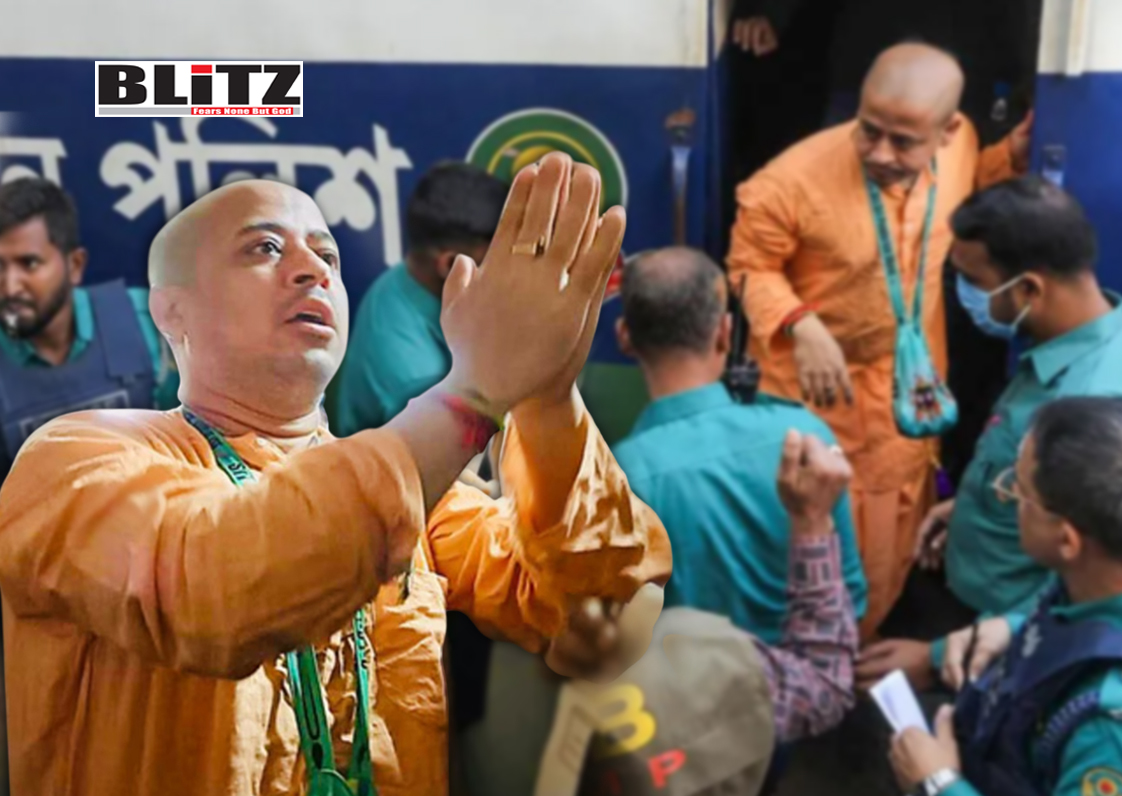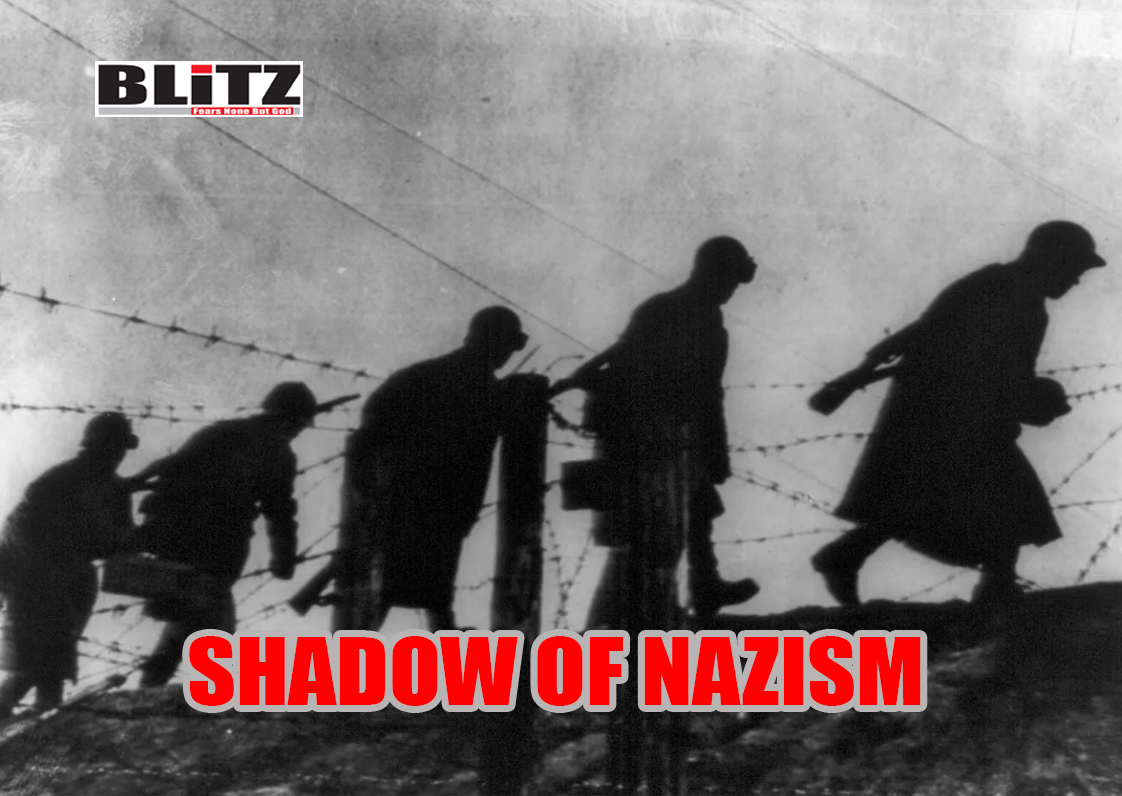Xi Jinping urges SCO unity against external interference
- Update Time : Saturday, July 6, 2024
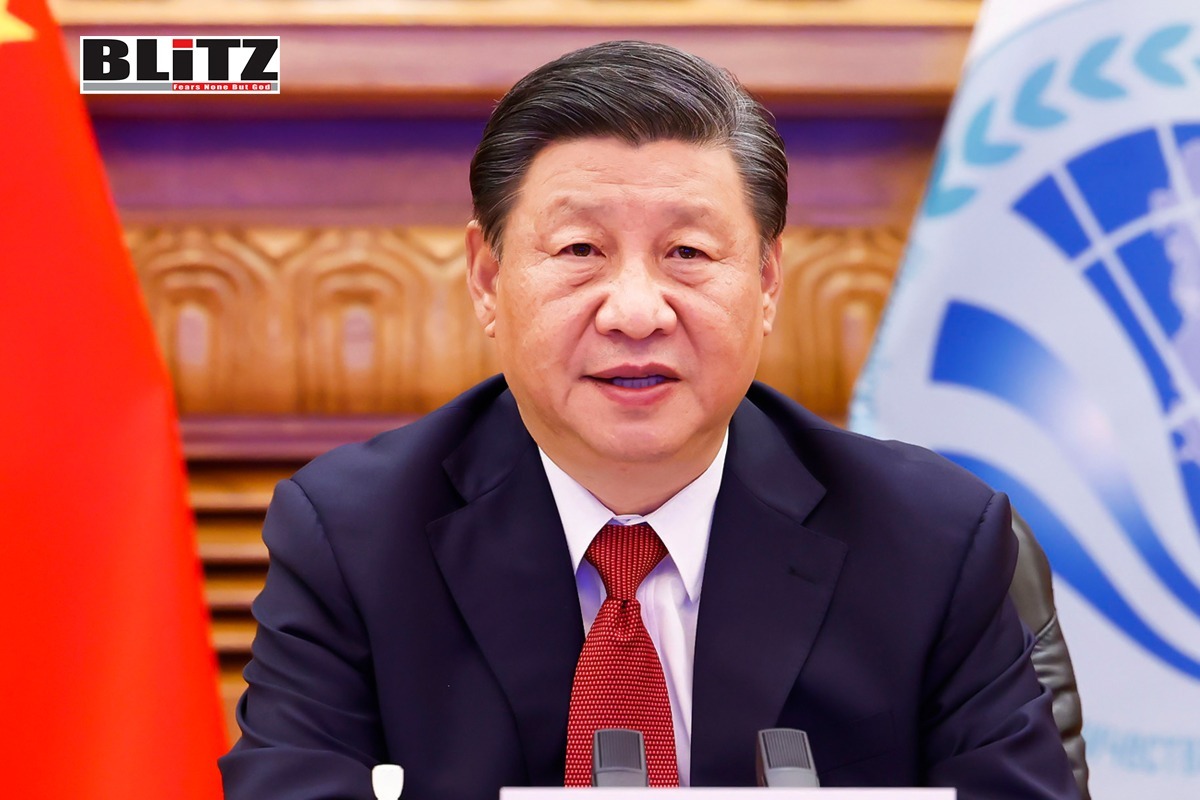
On July 4, Chinese leader Xi Jinping called upon regional leaders to resist “external interference” at the annual summit of the Shanghai Cooperation Organization (SCO) held in Kazakhstan. This Eurasian security bloc, increasingly seen as a counterbalance to Western power, saw Xi advocating for the consolidation of unity among member states against external challenges.
Addressing the summit, Xi emphasized the need for member states to “consolidate the power of unity” amidst what he described as “the real challenge of interference and division.” He urged the bloc to work together to resist external interference and to take control of their own future and regional peace and development. “We should work together to resist external interference… and firmly grasp our own future and destiny, as well as regional peace and development, in our own hands,” Xi stated, according to Chinese state broadcaster CCTV.
Xi’s speech underscored the importance of handling internal differences with peace, seeking common ground, and resolving difficulties cooperatively. This call for unity comes at a time when the SCO is experiencing significant transformations, expanding its role from a regional security club focused on Central Asia to a broader geopolitical entity aimed at countering Western influence.
Founded in 2001 by China, Russia, Kazakhstan, Kyrgyzstan, Tajikistan, and Uzbekistan, the SCO’s primary objectives were to combat terrorism and promote border security. However, under the leadership of Beijing and Moscow, the organization has evolved. Its first major expansion occurred in 2017 with the inclusion of India and Pakistan. More recently, the bloc welcomed Iran as a full member last year, and Belarus, a close ally of Russia, became its latest member at this summit.
The inclusion of Belarus, which played a significant role in supporting Russia’s 2022 invasion of Ukraine, further emphasizes the SCO’s orientation against Western powers. Notably absent from this year’s summit was Indian Prime Minister Narendra Modi, whose absence has added to perceptions of the SCO’s growing anti-Western stance.
In his address, Xi warned against what he termed the “real threat of Cold War mentality,” calling for the bloc to uphold its security baseline. He stressed the importance of safeguarding the right to development amidst the “real risks of small yards with high fences,” a reference to the U.S. strategy of restricting key technologies from China. Xi highlighted the need for joint promotion of scientific and technological innovation and the maintenance of stable industrial and supply chains.
On the sidelines of the summit, Xi and Russian President Vladimir Putin met and celebrated the deepening alignment between their countries. Putin remarked that Russia-China relations are at their best in history and serve as a stabilizing force globally. “Russian-Chinese cooperation in global affairs serves as a main stabilizing factor on the international stage, and we continue to further enhance it,” Putin told Xi.
Putin highlighted the rapid expansion of the SCO and its increased role as a key pillar of a just multipolar world order. The two leaders have held frequent face-to-face meetings, with this being their second in two months following Putin’s visit to Beijing in May. Their growing partnership has caused concern among Western nations, particularly the U.S. and Europe.
During the summit, participants reviewed the organization’s work from 2023-2024 and discussed ways to strengthen political, security, economic, and humanitarian cooperation. The leaders exchanged views on pressing international and regional issues and heard reports from the heads of the SCO’s standing bodies, including the organization’s Secretary General Zhang Ming and the Director of the Regional Anti-Terrorist Structure Ruslan Mirzayev.
A total of twenty-four documents were adopted at the summit, with the central final document being the declaration of the SCO Council of Heads of State. This document reflects the consolidated approaches of the participating countries on current regional and international problems. The leaders also adopted a Statement on the Principles of Good Neighborliness, Trust, and Partnership, as well as a decision to approve the initiative “On World Unity for a Just Peace and Harmony,” which emphasizes a commitment to a democratic, fair, multipolar world order with the UN playing a central coordinating role.
For the first time, the SCO Plus format meeting was held on the sidelines of the summit, focusing on “Strengthening multilateral dialogue – the pursuit of sustainable peace and development.” This new format included leaders from Azerbaijan, Qatar, Mongolia, Turkey, and Turkmenistan, as well as representatives from international organizations such as the UN and the Collective Security Treaty Organization (CSTO).
Putin’s schedule at the summit included bilateral meetings with several leaders, including acting Iranian President Mohammad Mokhber. He also held talks with UN Secretary-General Antonio Guterres. On the first day of the summit, Putin met with Presidents Ilham Aliyev of Azerbaijan, Recep Tayyip Erdogan of Turkey, Kassym-Jomart Tokayev of Kazakhstan, and Ukhnaagiin Khurelsukh of Mongolia, as well as Pakistani Prime Minister Shehbaz Sharif.
The 2023 SCO summit in Kazakhstan highlighted the bloc’s ongoing transformation into a significant geopolitical entity aimed at countering Western influence. Xi Jinping’s call for unity and resistance to external interference resonated with the member states, emphasizing the need for cooperation and self-determination. As the SCO continues to expand and deepen its ties, particularly between China and Russia, its role on the international stage is likely to grow, challenging the existing global power dynamics.


